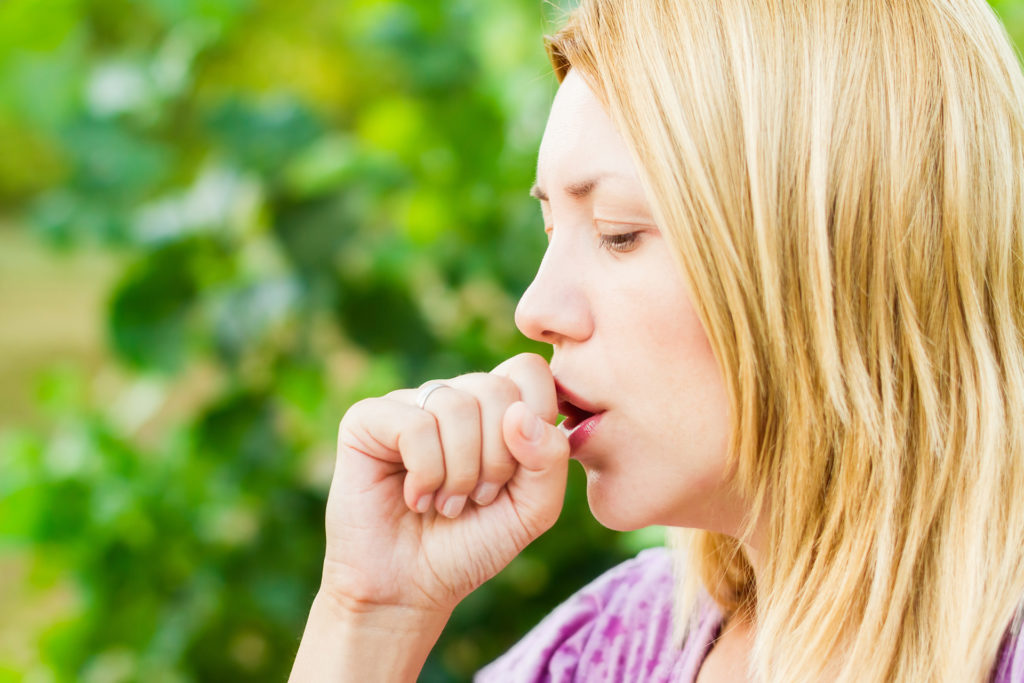Does A Duvet Day Help Restore You To Full Health?

Runny nose, sore throat, aching limbs and a thumping headache can mean only one thing – cold and flu season is upon us. When feeling unwell it can be tempting to head straight to bed, only leaving the comfort of your duvet for extra tissues or steaming mugs of soup. Most us of believe that bed-rest is the fastest way to a swift recovery . . . But is it?
Tobin James, Tempur UK Managing Director says: “Whilst plenty of rest is important when you’re unwell, the term should not be taken too literally. When you’re under the weather, you should take it easy both physically and mentally, but staying in bed all day and night can actually cause additional health complications, prolong illness and have an adverse effect on our sleep patterns.”
Read on for a guide to rest and recovery from the sleep experts at Tempur:
Don’t conform to presenteeism
Last year ‘presenteeism’ – the practice of being present at work when sick or for more hours than required – hit record high levels in the UK.
When it comes to being ill, we’re all keen to prove our mettle by turning up to work no matter what, but bear in mind that not being one hundred per cent well leads to a lack of productivity, exhaustion, can prolong illness, and lead to longer-term poor health. So, don’t be afraid to take time off work to recuperate properly.
And remember; nobody likes the colleague who spreads nasty bugs round the office.
Bed rest or no bed rest?
When you’re unwell it’s common to hear the term ‘bed rest’, but it’s important to consider what this really implies.
The most obvious meaning is to stay in bed, using as little energy as possible. This means your blood flow doesn’t have to work against gravity and movement, so your body has more energy to fight off infection and illness.
However, if you’re an otherwise healthy person, this form of extreme rest to combat a common cold or flu is rarely necessary. Instead take ‘bed rest’ to mean doing as little as possible and keeping warm. This also means no exercise or any activity that will stress yourself out – so make peace with the fact that setting up camp on your sofa with a bottle of water, box of tissues and some classic daytime TV may be on the cards for a couple of days.
Why can’t I sweat it out at the gym?
Exercising whilst experiencing milder symptoms is generally considered fine, but if you have a fever, productive cough, stomach bug or flu symptoms – rest means rest, so stay out of the gym.
When we exercise, our temperature increases, meaning flu germs – which love warmer temperatures – multiply at a faster rate.
Also, when we are exercising, our body releases the stress hormone cortisol, which uses a lot of our fats and sugars for energy. When we’re ill, our bodies are already under huge amounts of stress and exercise simply adds to this and means our body has to work even harder to recover.
If staying at home for days on end is starting to give you cabin fever, take a short, slow walk around the block for some fresh air if you feel up to it. Keep it to under 20 minutes and don’t over exert yourself.
But how long do I have to stay off work?
For every day you are ill, research has shown it takes three days to recover, however for most common colds, just 1-2 days of complete rest is normally required for an otherwise healthy person. Continue to take it easy for the following few days though – throwing yourself back into a full-on work and life schedule won’t do you any favours.
What should I eat?
We’ve all heard the saying ‘feed a cold, starve a fever’, however the more general rule should be if you’re hungry, eat, and if you’re not hungry, don’t force yourself to.
If you’re feeling hungry, choose nourishing nutrient-dense foods, such as warming vegetable soups, fish and eggs which are high in Omega 3, immune boosting leafy greens and garlic – an oft overlooked super food – as well as vitamin C containing fruits, such as strawberries, oranges and kiwis.
And make sure you stay hydrated. Fluids can help break up congestion and stave off infections – water, herbal teas and broths are ideal. Add lemon and honey to water for a throat soothing boost of hydration.
Get an early night
Whilst full on bed-rest may not be required, an early night is advisable. When you’re ill your body is working harder to fight off infection, so you will naturally feel more tired and require more rest. If possible, take a short power nap in the afternoon but no more than 20 minutes, otherwise it could impact your ability to sleep at night.
Sleep is essential to maintaining good physical and mental health. Adults should be aiming for 7-9 hours sleep a night, however, when unwell, consider increasing this by a couple of hours to give your body more time to rest and repair itself.
For more information on Tempur . . .









